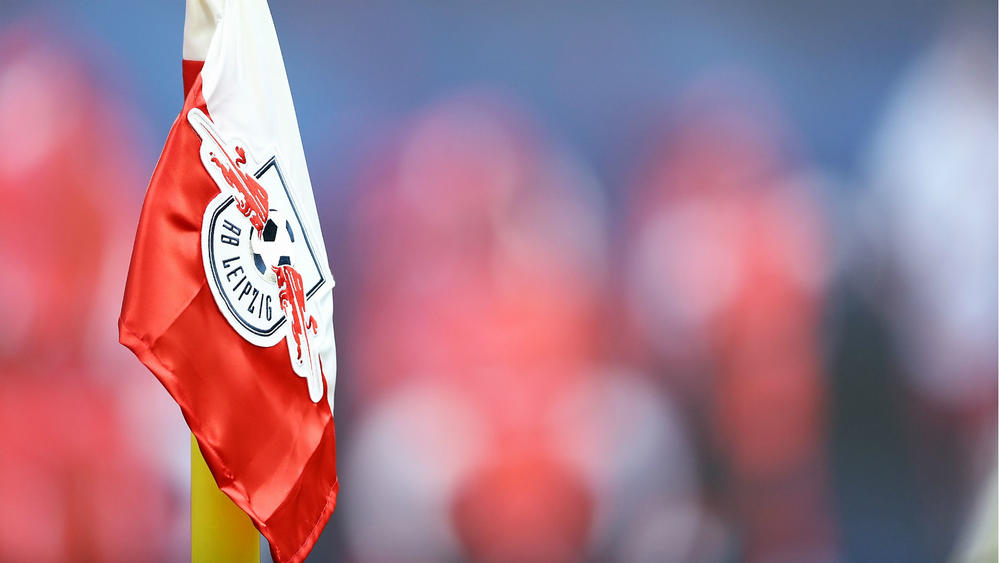Julian Nagelsmann: The remarkable rise of RB Leipzig
After the appointment of Julian Nagelsmann as head coach, we look back at the history of RB Leipzig.

RB Leipzig have barely put a foot wrong since they were founded in 2009.
Four promotions in that time have seen the Red Bull-backed side achieve their ambition of reaching the Bundesliga, finishing second in their debut season in the top flight in 2016-17.
On Thursday, the club announced the highly rated Hoffenheim head coach would take charge at the Red Bull Arena from 2019-20, taking on the task of delivering the German title to Saxony.
Here, we take a look back at the history of a club that has been in existence for less than a decade but are ruffling feathers at the top of German football.
2009: FOUNDING
After exploring opportunities to establish or purchase a club in various German cities, Red Bull eventually settled on Leipzig and acquired the playing rights of fifth-tier club SSV Markrandstadt. The ambition was clear from the outset, aiming to reach the Bundesliga within eight seasons and eventually become German champions - a feat that would make them the first team from Leipzig to do so since VfB Leipzig won the first league title in 1903. Their ties to the energy drink brand have led to numerous hurdles on their climb through the divisions, but the big-money backing has led to an almost unstoppable charge to the top.
2009-14: THE CLIMB
Get FourFourTwo Newsletter
The best features, fun and footballing quizzes, straight to your inbox every week.
Leipzig finished as champions at the end of their first season in German football but adopted a ruthless approach to head coach hirings and firings as the club became the main focus of the Red Bull football empire. A move to the Red Bull Arena followed for their first season in the Regionalliga and they pulled off a DFB-Pokal upset against Wolfsburg whilst still playing in the fourth tier. Progress accelerated following the appointment of Ralf Rangnick as sporting director ahead of the 2012-13 season, sealing back-to-back promotions as the club's reputation and fan base grew - 42,713 people watched the match in which they clinched their place in the second tier.
2014-16: FLEXING THEIR FINANCIAL MUSCLE
Leipzig had already caught the eye with their capture of promising talents such as future internationals Joshua Kimmich and Yussuf Poulsen during their season in the third tier, but their arrival in the 2. Bundesliga saw investment ramped up significantly. A reported €12million spend in the 2014 close-season placed them eighth among teams in the top two tiers in terms of transfer outlay, and they continued to splash the cash in their second season, with Davie Selke, Atinc Nukan and Marcel Halstenberg costing an estimated combined total of €16m - part of a total spend of €18.6m. After failing to land targets Thomas Tuchel and Sascha Lewandowski as coach for the 2015-16 campaign, Rangnick stepped in to guide the club to promotion to the Bundesliga a year earlier than planned.
OFFICIAL: Julian will become RB Leipzig head coach from the 2019/20 season.The 30-year-old joins from and has agreed a contract with until 2023. June 21, 2018
2016-17: TAKING ON THE BIG BOYS
Rangnick stepped back from his head coach role for the beginning of the club's Bundesliga adventure, with former Ingolstadt boss Ralph Hasenhuttl chosen to take the reins. And he got off to a flying start, remaining unbeaten for the first 13 matches, including a 1-0 victory over Borussia Dortmund in their opening home fixture of the campaign. Remarkably, the Bundesliga new boys were no flash in the pan, and they emerged as Bayern Munich's closest challengers for the title, ultimately finishing 15 points adrift of the Bavarian giants but reaching another major milestone in their history by qualifying for the Champions League.
2017-18: STANDING THEIR GROUND
With success came added attention for the club's star names and midfielder Naby Keita became a prime transfer target for Premier League side Liverpool. The Reds eventually clinched a deal by agreeing to meet his release clause of £48million, plus a reported additional premium. Liverpool attempted to bring the move forward to January after losing Philippe Coutinho to Barcelona, but Leipzig are said to have demanded something in return, with an additional £18m or Trent Alexander-Arnold among the sweeteners mooted. Their determination to cling on to Keita until the end of the season showed Leipzig have the resolve to stand up to Europe's biggest clubs, but it did not help them achieve a repeat of their debut campaign, finishing sixth.
2018: LANDING THEIR MAN
Following the departure of Hasenhuttl at the end of the season, the next stage in the club's rapid development will be overseen by Nagelsmann - a man who had previously been linked with Bayern Munich, Real Madrid and Arsenal. The 30-year-old has guided Hoffenheim to successive top-four finishes in the Bundesliga and will now - after serving one final season with his current club - be entrusted with delivering the next stage of the RB Leipzig project. After coming so far in less than a decade, who knows what the coming years could hold?
